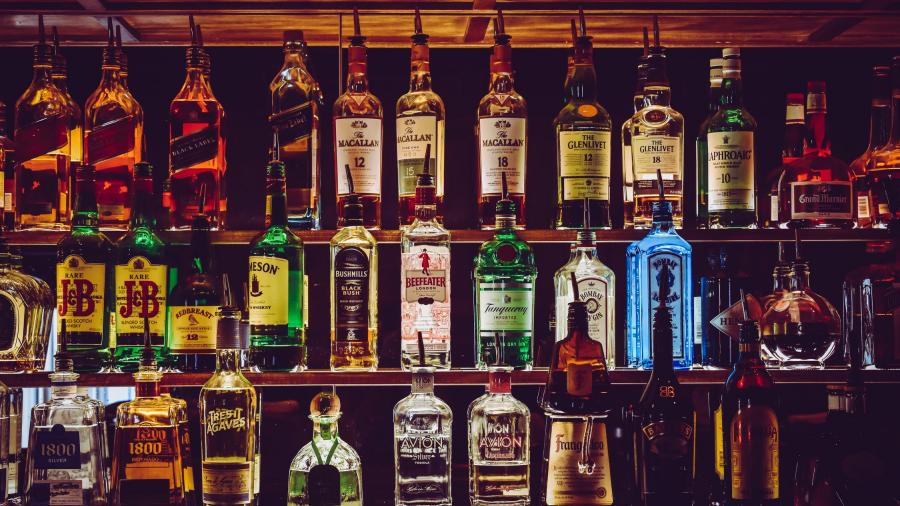
Speed Read
The 442-page General Scheme of the Sale of Alcohol Bill (the Bill) was unveiled on 25 October 2022 by the Minister for Justice Helen McEntee. It embodies an effort to streamline a licensing system which is based on a patchwork of outdated laws, many of which pre-date the foundation of the Irish State. The Bill will lead to the creation of a single piece of modern legislation to regulate the sale of alcohol. The Bill represents an effort to strike a balance between maintaining a restrictive approach to licensing the sale of alcohol, whilst simultaneously supporting the night time culture and the wider economy around hospitality.
Streamlined Licensing System
Under the new regime, Ireland will maintain a restrictive licensing system generally. It will remain quite onerous to obtain and retain a liquor licence. Licences will only be granted by the courts, with objections permitted from the HSE, An Garda Síochána, local communities and fire authorities. In particular, a representative of a local authority and any person who has a substantial or bona fide interest in the matter, and is resident in the neighbourhood, may object to the granting or renewal of a licence.
Interestingly, an objection can be made on the grounds of:
i) the character/misconduct or unfitness of the licensee;
ii) the unfitness/inconvenience of the premises; and
iii) the extent to which the premises are not being conducted in a peacable/orderly manner, not being operated in a manner which protects staff, or where licensed business is not being carried out in the premises.
The applicant for a licence will be required to notify the HSE and An Garda Síochána of their application and publish a notice in the local media. However, the system will be streamlined significantly by reducing the categories of licences available by almost half, and the online renewal of licences will be possible where there are no objections.
Expanded District Court role: The responsibility for licensing will transfer from the Circuit Court to the District Court. This should reduce the cost of making applications. It will also provide a greater level of access for community voices and opinions to be heard on local licensing applications.
Changes to the extinguishment provision: The Bill proposes an amendment to the "extinguishment" provision – whereby any individual seeking to open a new premises or off licence premises, had to first acquire a licence from an existing licence holder. This added an extra layer of difficulty in obtaining a licence and added to the cost of licensing a premises, as 7 day licenses have been trading at values of approximately €50,000/€60,000 in recent years.
Although this system will remain in place for off licences, no licences granted under the new legislation may be sold for extinguishment purposes. This provision will be fully implemented after a transition period of three years post-enactment of the legislation.
Support for the Night Time Economy
Minister McEntee has made it clear that supporting the night time economy and ensuring that the Irish licensing system meets the needs of modern society, represent the primary aims of the legislation. In particular, the proposals introduced are intended to "ensure that our night-time culture is equal to that in cities across modern European cities".
In that regard, the holder of a Publican's Licence will be permitted to remain open until 12:30am seven nights a week. The Bill also creates new annual permits for late bars and nightclubs which replace the current system where Special Exemption Orders are required. Opening hours remain until 2:30am for late night bars, with nightclubs having the option to remain open until 6am (though alcohol can only be served until 5am).
Conditions attaching to permits: When applying for such permits for nightclubs and late bars, safeguards and restrictions will need to be put in place – with court approval needed before these permits will be granted subject to objections. CCTV and accredited security staff will be required to protect staff and patrons, and these will need to be in line with the newly implemented "Night Time Economy Charter" and the "Zero Tolerance Plan". The Minister is on record as stating that a key objective is to ensure that a premises is operated in a manner which protects staff, patrons and performers, from harassment, including sexual harassment.
The online sale of alcohol: The bill proposes tightening the restrictions around the online sale of alcohol. Online sales of alcohol must be paid for in advance and it will be an offence if the merchant delivering the alcohol order, fails to check that the person receiving the order is 18 years or older.
Increased Garda powers: An Garda Siochána have been given further powers under the Bill, enabling them to issue fixed charge notices for offences such as being "found on" licensed premises during prohibited hours; consuming alcohol on such premises during prohibited hours; and falsely representing oneself as being resident in licensed premises for the purpose of obtaining alcohol.
New Cultural Amenity Licence
The Bill also introduces a new Cultural Amenity Licence which will permit the sale of alcohol at galleries, theatres, museums and other cultural venues. This licence is only available for venues where the sale of alcohol is not the main activity on the premises. The sale of alcohol will be permitted for a set period of time, between one hour before and one hour after a performance takes place. There will also be a role for the District Court to ensure that these venues meet the same requirements as fully licensed premises - to ensure a level playing field for all.
Next Steps and Timing
The draft legislation is planned to be brought before the Oireachtas in early 2023 and Minister McEntee hopes to enact the legislation in 2023. We will be closely tracking the progression of this legislation and will continue to provide regular updates on material developments.
If you have any queries on how this Bill will affect your business, please contact Katie O’Connor, Joe Kelly, or any member of A&L Goodbody's Betting, Gaming and Licensing team.
With thanks to Shannon Owens for her contribution to this article.


